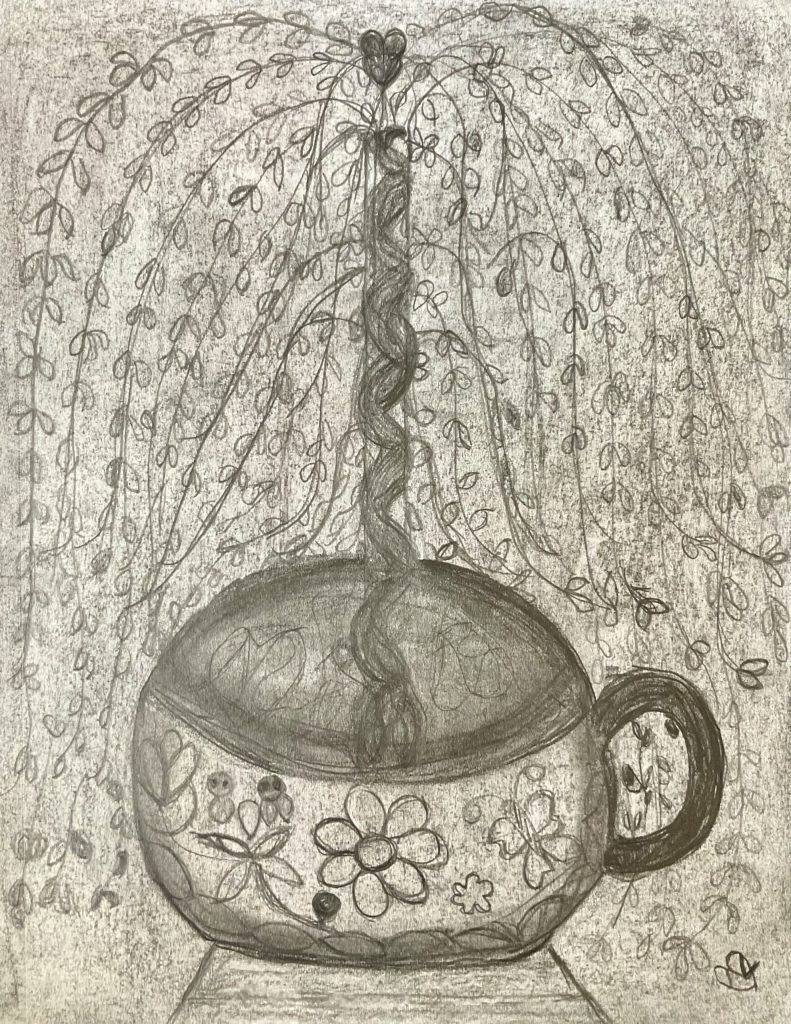Why it’s so important that adults living with psychogenic nonepileptic seizures (PNES) engage in self-care
More often than not, when I first meet my patients, it is evident that most of their lifetimes, self-care has been left by the wayside. My patients have been surviving, working hard, taking care of others, basically treading water for years. And this has shortchanged them in the process. As could be expected, at some […]










